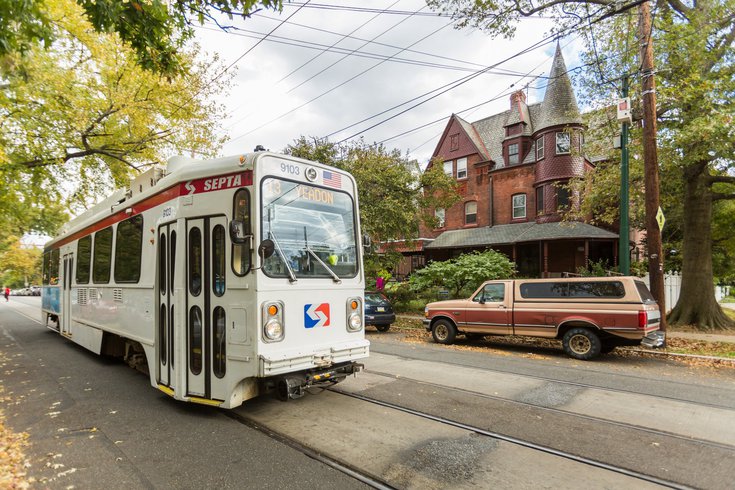
September 08, 2020
 Thom Carroll/for PhillyVoice
Thom Carroll/for PhillyVoice
SEPTA's COVID-19 recovery plan outlines efforts to safely increase ridership amid the coronavirus pandemic, including allowing passengers to bring bicycles on all trains at any hour.
SEPTA has laid out a COVID-19 recovery plan that outlines major revenue losses and highlights myriad efforts to safety increase ridership as the coronavirus pandemic plays out.
Ridership fell 90% between March and May, when the pandemic prompted school closures and business shutdowns. Ridership slowly began to climb after the city's stay-at-home order was lifted June 4, but it has remained down 65% from typical levels during the last two months.
Transit officials don't anticipate ridership reaching pre-pandemic levels until the spring of 2022. They project a $400 million operating budget shortfall over the next three years, based on the average of three possible scenarios. Financial hardships also will force SEPTA to delay $250 million in capital projects.
The "Move Better Together" plan, released Tuesday, acknowledges those challenges while offering broad initiatives aimed at boosting ridership – and keeping them safe.
SEPTA will allow riders to bring their bicycles on all SEPTA trains, including Regional Rail lines, during peak hours to help with commuting changes. Bikes previously were not permitted on trains during peak weekday hours.
Social distancing coaches will continue to promote COVID-19 mitigation efforts by handing out free masks, and encouraging riders to remain six feet apart. The program initially was expected to conclude in late August.
Automatic passenger counters will be installed to provide real-time crowding information on all vehicles, though SEPTA did not provide a specific timeline for their installation. The authority also is working to make its predicted arrival times more accurate.
Other efforts include a website overhaul, signage improvements and minimizing the use of cash fares.
"SEPTA has demonstrated throughout the pandemic that transit is essential infrastructure," Board Chairman Pasquale T. Deon Sr. said. "We provided lifeline service to essential workers and we’re now focused on meeting the region’s changing needs and preparing for future demands."
The recovery plan also details SEPTA's cleaning and sanitation regimen. Task forces have been mobilized to clean and disinfect vehicles at least twice a day, including high-touch surfaces. All employees are riders are required to wear face masks.
Vehicles are using high-efficiency filters, an upgrade designed to improve ventilation. Vehicles are designed to have the air inside refreshed every 2 or 3 minutes.
"To better understand and address immediate needs and concerns, SEPTA has communicated with our customers in-person, through social media and with a customer travel survey," SEPTA General Manager Leslie S. Richards said. "We learned that the most critical issues are mask wearing, cleaning and sanitizing, and ensuring safe social distancing."
Follow Allie & PhillyVoice on Twitter: @allie___miller | @thePhillyVoice
Like us on Facebook: PhillyVoice
Add Allie's RSS feed to your feed reader
Have a news tip? Let us know.